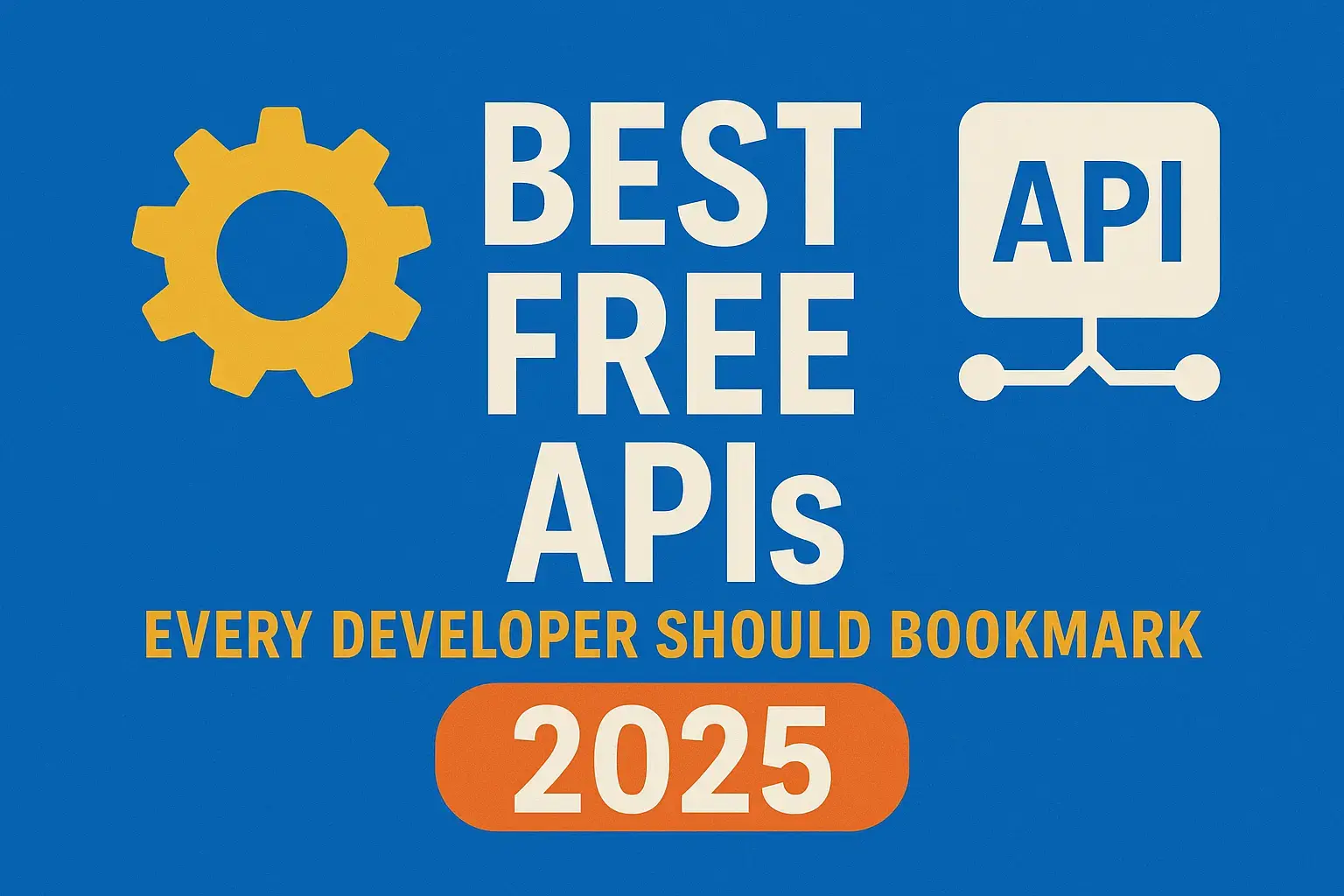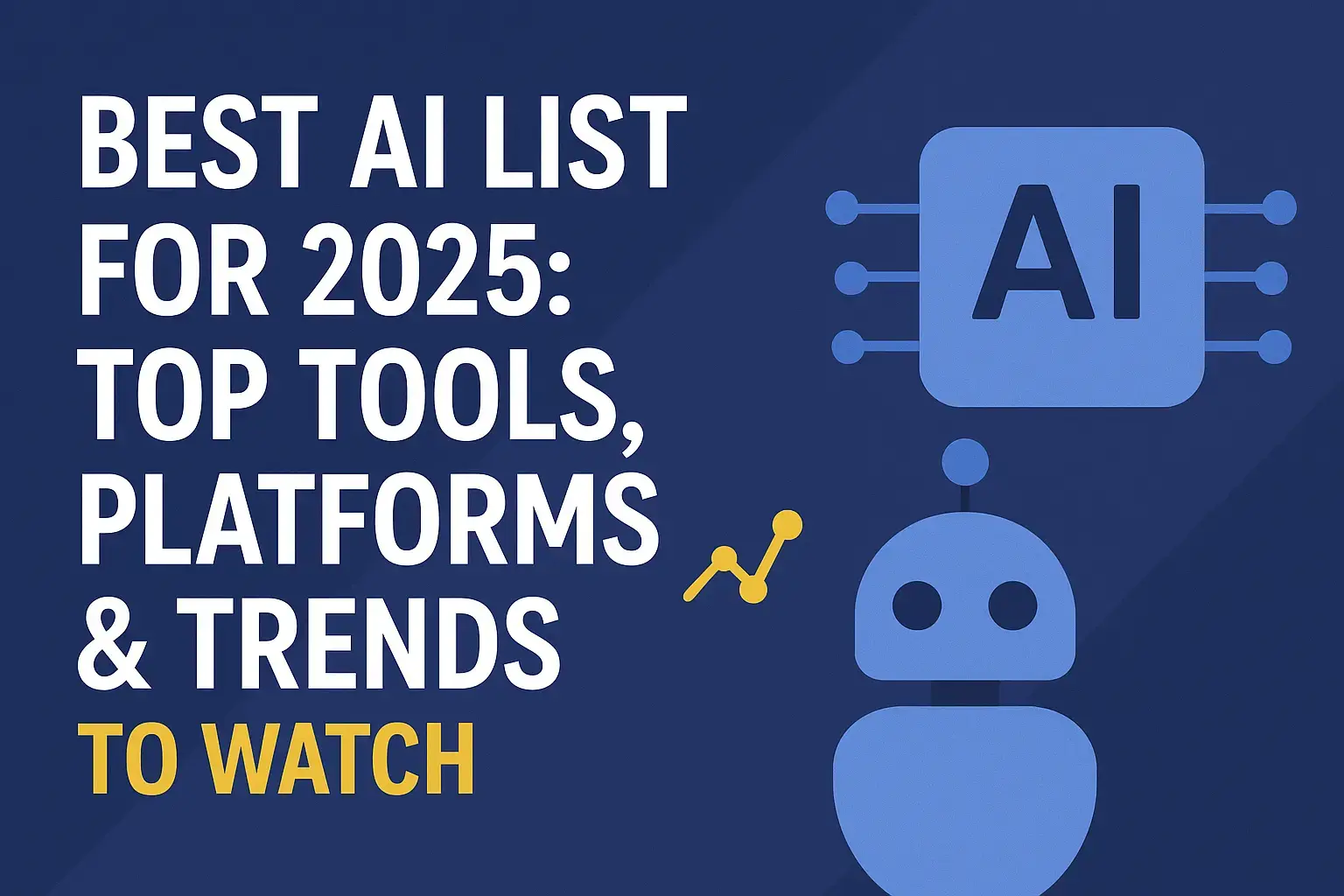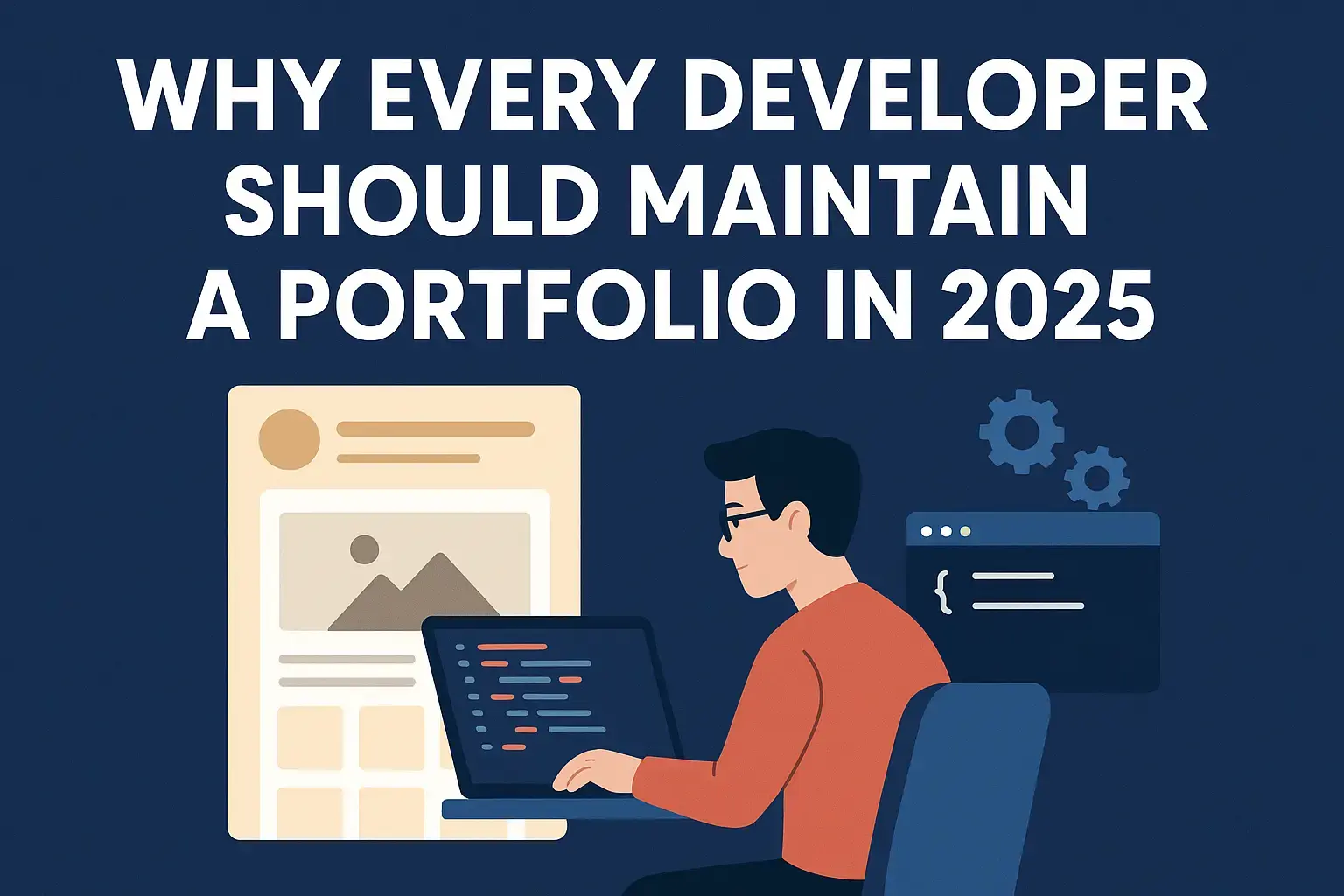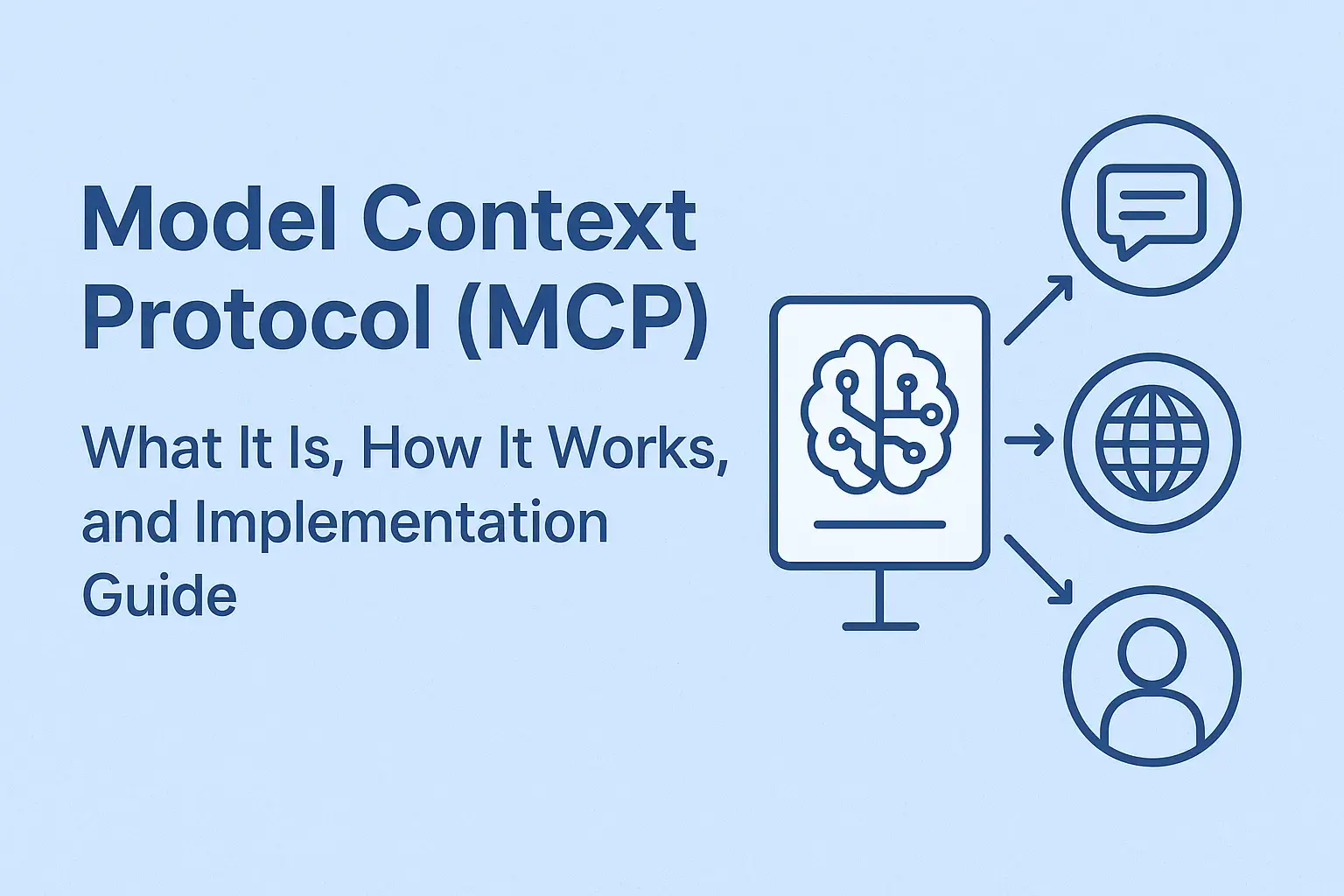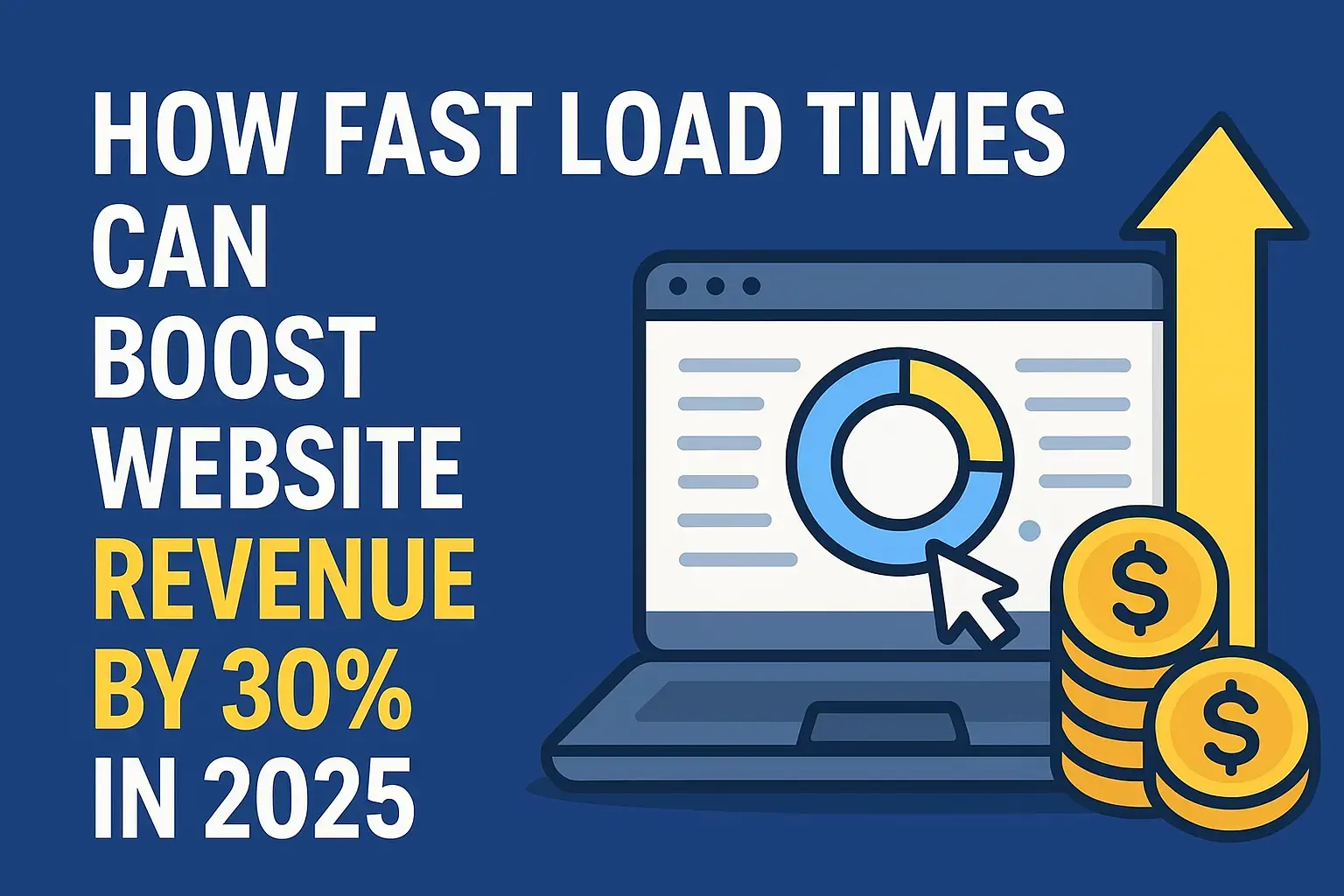Introduction
In the world of coding, the hardest part is getting started. I used to look at lines of code and think it was a language meant for geniuses. But 100 days ago, I challenged myself to change that. I committed to the #100DaysOfCode challenge, and it completely changed the way I approach programming, problem-solving, and self-discipline.
This is my story of how I went from knowing almost nothing about code to building real projects, learning valuable skills, and gaining confidence as a developer—all in just 100 days.
Why I Took the #100DaysOfCode Challenge
I had always wanted to learn how to code, but I never stuck with it. I’d try tutorials for a few days, then stop. The #100DaysOfCode challenge gave me structure and accountability. The idea is simple: code for at least one hour a day, every day, for 100 days, and share your progress publicly—usually on Twitter or GitHub.
That small commitment made all the difference. It wasn't about perfection. It was about consistency.
What I Learned in 100 Days
I didn’t follow a strict roadmap, but I did set some learning goals. Here’s a breakdown of how I structured my journey:
Days 1–30: HTML, CSS & JavaScript Basics
- Built simple static websites
- Learned layout with Flexbox and Grid
- Practiced DOM manipulation and basic interactivity
- Created mini-projects like a calculator, to-do list, and form validation
Days 31–60: JavaScript Projects & Git
- Built more dynamic apps (weather app, quiz app)
- Learned Git and GitHub for version control
- Started using VS Code extensions and debugging tools
- Focused on writing clean, reusable code
Days 61–80: Frontend Frameworks & APIs
- Learned the basics of React
- Built a movie search app using a public API
- Practiced component-based architecture
- Explored asynchronous JavaScript with
fetchandasync/await
Days 81–100: Backend, Databases & Full-Stack
- Got introduced to Node.js and Express
- Built simple REST APIs
- Connected frontend to backend
- Learned the basics of MongoDB and built a full-stack CRUD app
Projects I Built
- To-Do List App – LocalStorage-powered task manager
- Weather App – API integration with OpenWeatherMap
- Quiz Game – Dynamic quiz with score tracking
- Movie Search App – React-based app using OMDB API
- Notes App – Full-stack CRUD app with Node.js and MongoDB
Challenges I Faced
No journey is smooth, and mine wasn’t either. A few of the key challenges:
- Impostor Syndrome: Feeling like I wasn’t learning fast enough
- Debugging Fatigue: Spending hours fixing small issues
- Time Management: Balancing coding with work and life
- Staying Consistent: Some days I didn’t feel like coding at all
But I pushed through by reminding myself why I started and by keeping the momentum going, even with small wins.
Tips for Anyone Starting the 100 Days of Code
- Start Small – Don’t try to learn everything at once. Focus on one topic or language at a time.
- Code Every Day – Even if it’s just 30 minutes, consistency matters more than duration.
- Build Projects – You’ll learn more by doing than just watching tutorials.
- Document Your Progress – Post on Twitter, start a blog, or maintain a GitHub repo.
- Join a Community – Follow others using the #100DaysOfCode hashtag. Engage, ask questions, and share knowledge.
What’s Next for Me
Now that I’ve completed the 100 Days of Code, I’m not stopping here. I plan to:
- Dive deeper into backend development with Laravel
- Start contributing to open-source projects
- Build a personal portfolio to showcase my projects
- Prepare for job opportunities in web development
This challenge wasn’t just about learning to code. It was about proving to myself that I can stay committed and grow every day.
Final Thoughts
The 100 Days of Code challenge helped me turn a vague interest in coding into a strong foundation for a future career in tech. If you’ve been on the fence about starting, my advice is: just begin. You don’t need to be perfect. You just need to show up.
Start with what you know, stay consistent, and don’t be afraid to ask questions. In 100 days, you might just surprise yourself with how far you’ve come.
